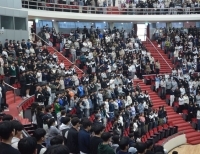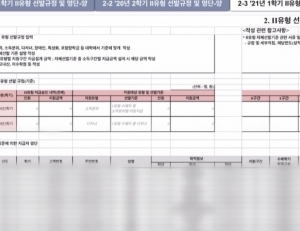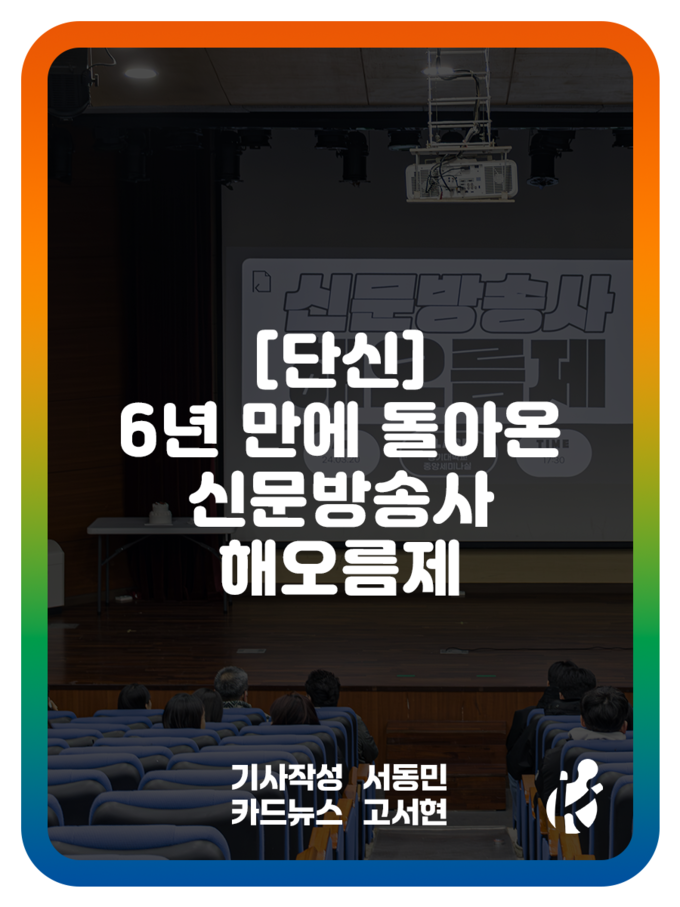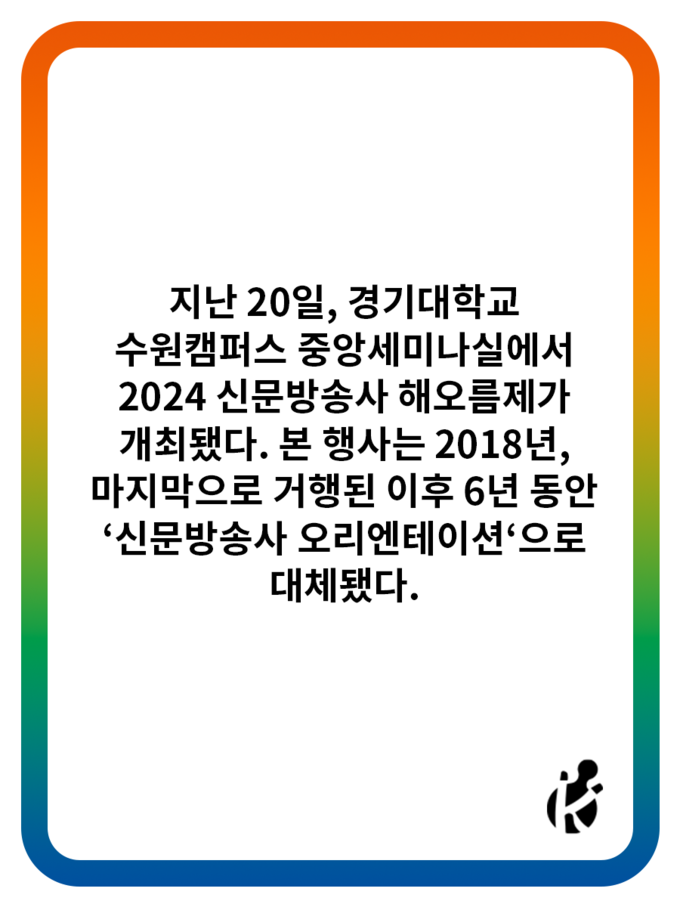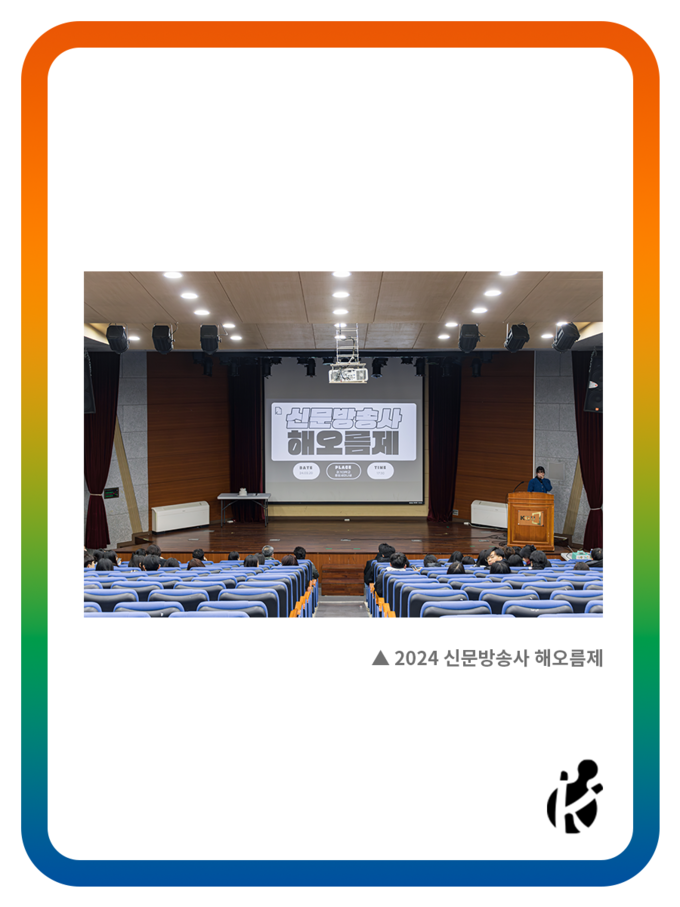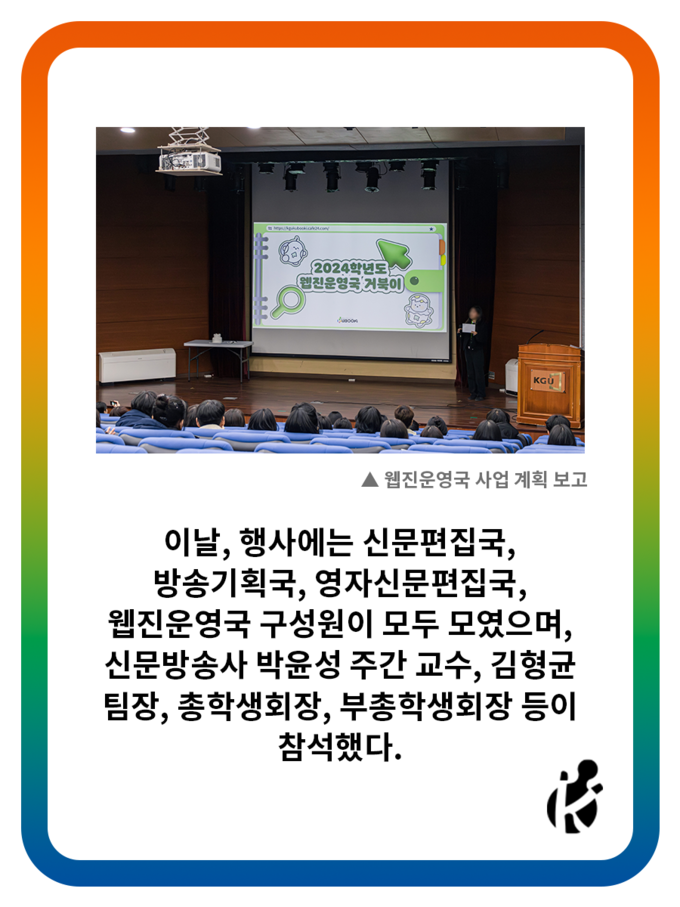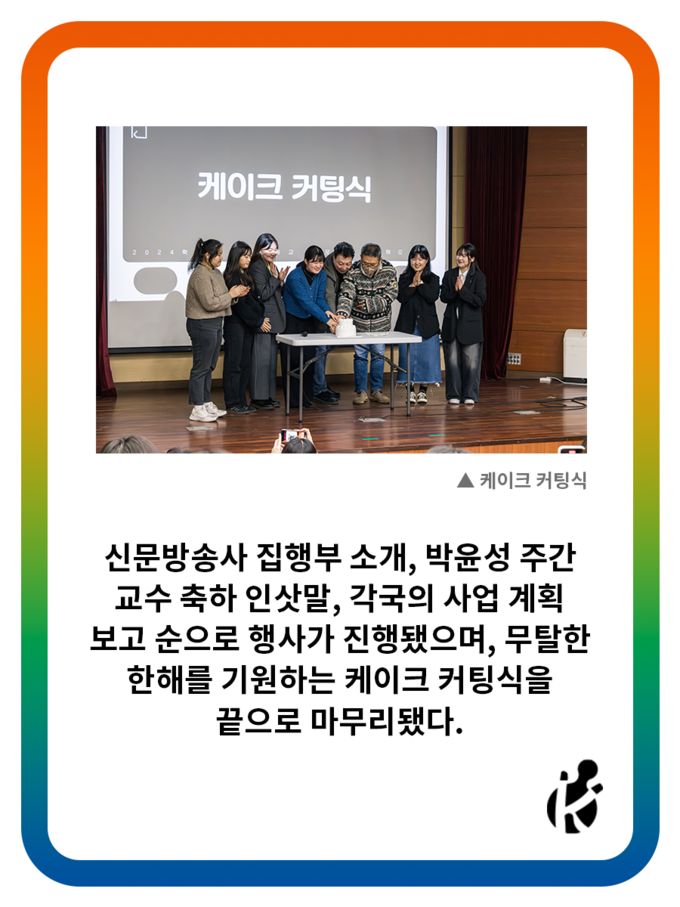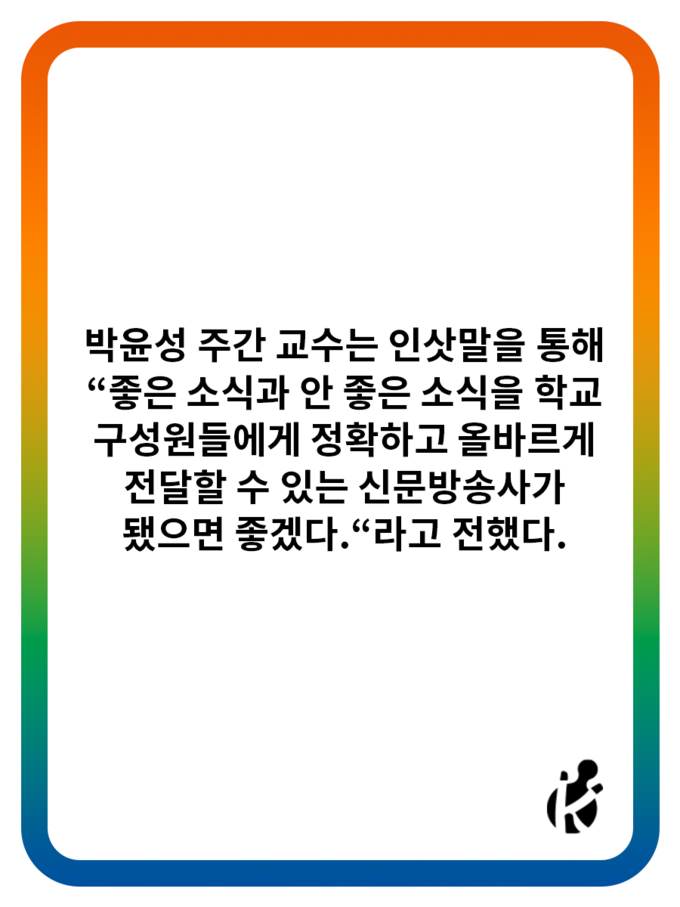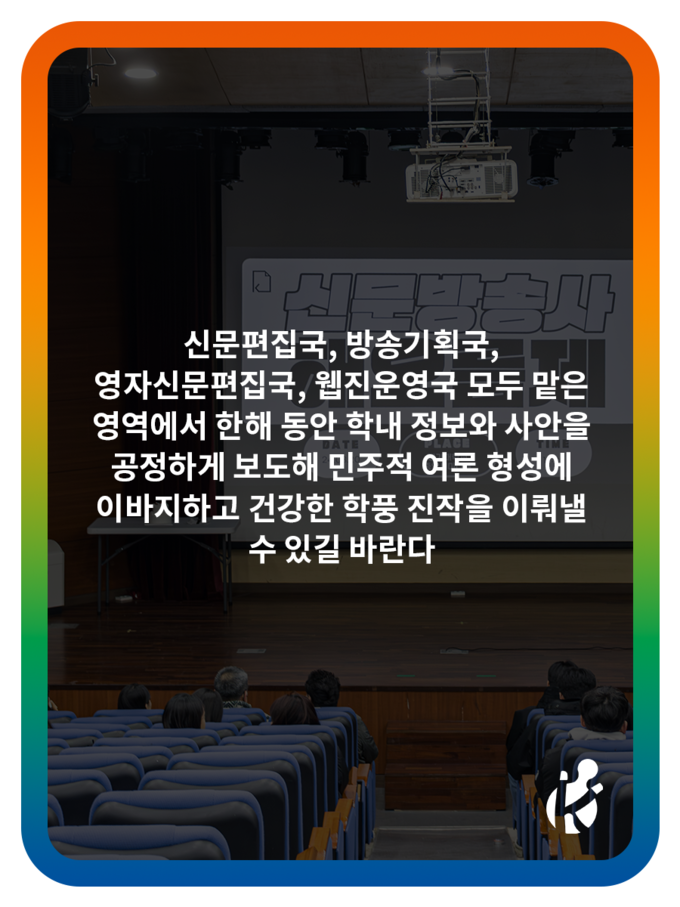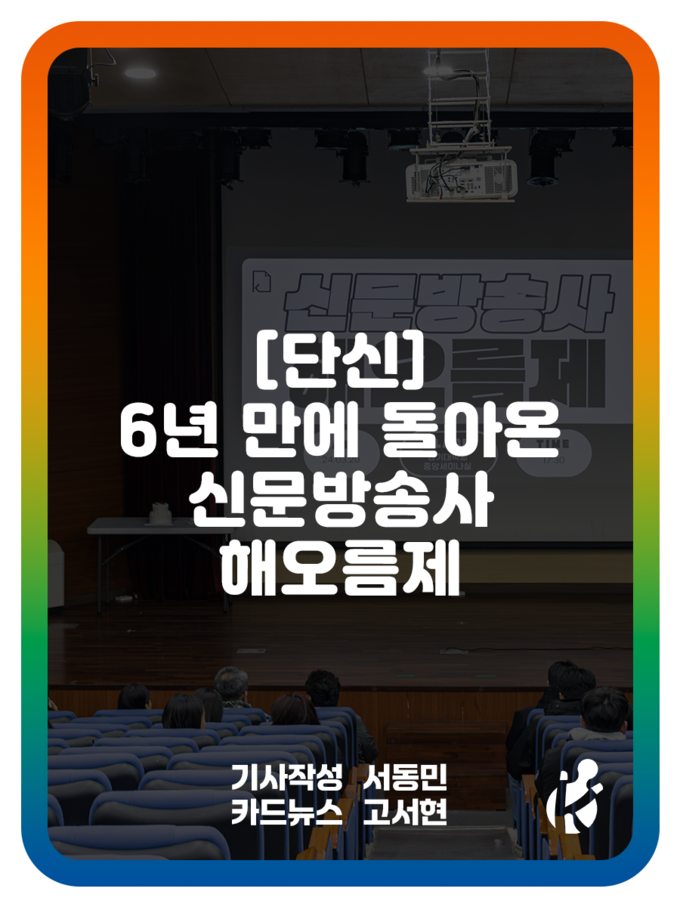The fifth national disaster support payments were distributed by
the government to partially relieve citizens’ financial hardships
due to COVID-19. However, the funds were not paid to 100% of
eligible people; instead only 87% of all residents received payments,
approximately 20,180,000 people. This means there were some people
who didn’t get the funding according to the criteria. Therefore, the
public opinions about the relief funds are divided. Pharos is going to
listen to two students’ opposing views on the subject.
What is the fundamental reason for disaster support funds?
The supporting side : I cannot say that it’s completely right to decide the recipients based on health insurance
contributions, but I think the state’s choice is inevitable because surveying all of the people’s income individually
takes formidable time and expense in a national crisis situation where the government has to enforce policy
immediately. Thus, the government had to quickly implement the policy on the basis of health insurance
contribution information of the whole public which is already maintained by state agencies. On the other hand,
some people are understandably upset by the way these payments were determined.
The opposing side : I think it is to spur the sluggish economy due to the COVID-19 situation by increasing
consumption through disaster support funds. Since this should increase the consumption by all citizens, I think
the fundamental reason should be to pay to all citizens, not to selectively give relief funding based on health
insurance contributions.
The recipients of disaster support funds have been determined
by health insurance premiums. Do you think this is fair?
The supporting side : The government is trying to be responsible in the event of this international catastrophe.
Moreover, I think it is proper because the disaster support fund is part of a welfare policy following the principle
of the welfare state that maximizes intervention of the state for the benefit of citizens’ lives.
The opposing side : I don't think health insurance payments accurately reflect the level of income. For example,
in the case of office workers, the employer's insurance expenses are included in the health insurance fee when
selecting insurance premiums. The result is higher health insurance premiums than real income. It is used as an
indicator, resulting in an error. Therefore, I think the health insurance standard is an ambiguous numerical value
for measuring income.
What do you think of the complaints of those who have not received disaster support?
The supporting side : It is natural that some people who couldn’t get the disaster support fund due to the
health insurance contribution’s flaw are upset. However, I think it’s different in the case of people who pay high
fees due to their high income because they aren’t someone who has a hard time making a living. Some people
may say, “Even if the income is relatively high, it is the entire nation that has maintained life at a lower level
after COVID-19, so shouldn’t support funds be provided for the remaining 12%?” Yet on the contrary, they
have a more affluent life due to their relatively high income. Hence, it’s understandable that 12% of people are
dissatisfied, but it’s still not reasonable grounds for why they should receive support.
The opposing side : It is true that disaster support funds are a policy that helps people in need due to the
impact of COVID-19. However, I think it is fair for those who pay more taxes to complain about not receiving
welfare benefits. I think it is unreasonable to be excluded from the welfare of the country just because one pays
a lot of taxes. This is a difficult situation that we all face together.
Is there a way for the government to resolve complaints from those who have not
received disaster support funds? (For example, the Gyeonggi-do Disaster Support Fund)
supporting side : I disagree with additional disaster support funds for the remaining 12% that Gyeonggi-Do has sent out. Although I do agree about an idea to satisfy the remaining 12%, it should not be through
financial assistance but instead another way. For one reason or another, the government first has to fix health
insurance contributions before suggesting a new solution. Either way, not everyone can be gratified. It’s
impossible to have a perfect system that meets everyone’s needs.
The opposing side : I think one way is to distribute the same amount to the entire nation based on income
level standards, not just to those who meet the current criteria. When the income level is set as the standard for
disaster support funds, I think it can be a good way to set the screening criteria and make differential payments.
When COVID-19 continues in the future, how should the next subsidy be directed?
The supporting side : The best way is for the COVID-19 situation to come to an end, or to move forward to an
era of living with the reality of COVID like in other countries. If the state makes a decision to give a sixth round
of disaster support funds, it should be fully rational without the mistakes that happened before. On that note,
if they want to lessen the amount of government spending, giving support only to people who are in desperate
need of help is better, for example, only the bottom 40% of earners.
The opposing side : It is not easy to satisfy everyone with a limited budget. When thinking about the national
treasury of the country and the future, all citizens must try to agree. In accordance with the purpose of the
disaster support fund, we hope to move in a direction where the majority can benefit as much as possible.
We heard the pros and cons regarding the fifth round of disaster support funds. This served as an
opportunity to think about the significance and purpose of the National Disaster Support Fund. It is necessary
to reconsider whether the current payment method is consistent with the purpose of disaster support funds.
With the prolonged existence of COVID-19, the government should coordinate the payment of national
subsidies in the future and come up with measures to meet the needs and desires of the people.
75th Reporter·Kim Yun Jung·dbswnd7676@naver.com
77th Cub reporter·Jo Yeon Woo·amyjoe0213@naver.com
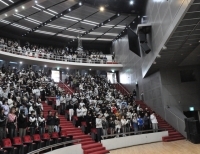 What Happened in KGU? : 수원캠퍼스 학생총회 편
On April 4th, a general meeting of students was held in the Tele-convention center at the Suwon campus. The contents were the same as the general meeting of students in the Seoul campus: the first part was for agenda announcement, the second part was about the Membership Training for whole university, and the third part was simple Q&A time. In the first part, the agendas were all the same as the ones for the Seoul campus, and the result of the ...
What Happened in KGU? : 수원캠퍼스 학생총회 편
On April 4th, a general meeting of students was held in the Tele-convention center at the Suwon campus. The contents were the same as the general meeting of students in the Seoul campus: the first part was for agenda announcement, the second part was about the Membership Training for whole university, and the third part was simple Q&A time. In the first part, the agendas were all the same as the ones for the Seoul campus, and the result of the ...

 [타 대학보 축사] 늘 그랬듯, 묵묵히
[타 대학보 축사] 늘 그랬듯, 묵묵히
 [와이파이] 큰 박스에 달랑 물건 하나, 과대포장 규제 정책 시행은 언제쯤
[와이파이] 큰 박스에 달랑 물건 하나, 과대포장 규제 정책 시행은 언제쯤
 [문화산책] 이 세계는 멋져 보이지만 모두 환상이야
[문화산책] 이 세계는 멋져 보이지만 모두 환상이야
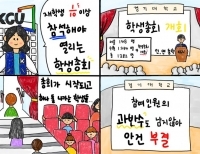 [네컷만화] 학생총회
[네컷만화] 학생총회

 목록
목록





